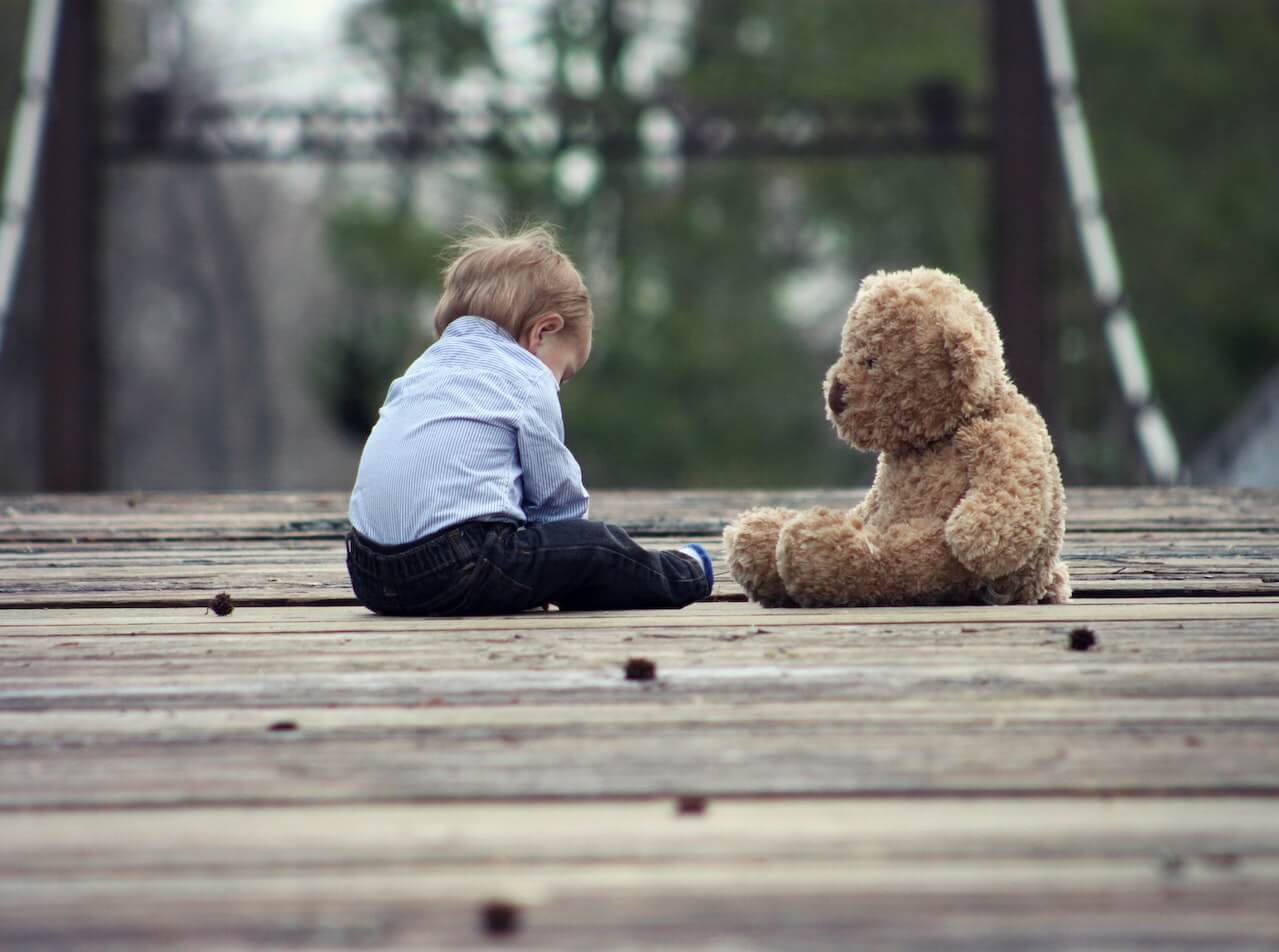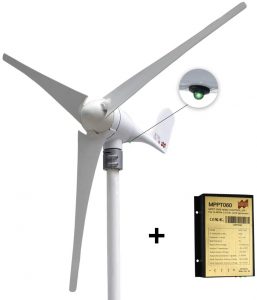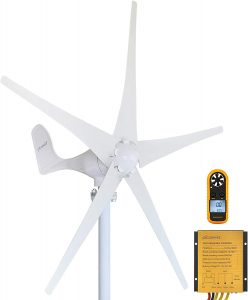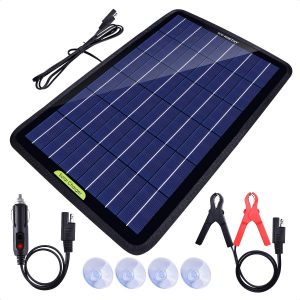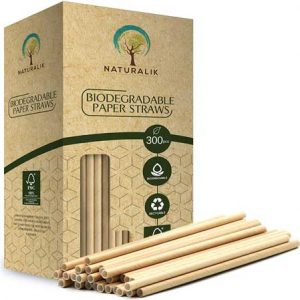It is important to raise your children in an eco-conscious way. It can make a huge difference to the world and the future generations if everyone does their part. There are many ways that you can raise your children in an eco-conscious way.
You can start by teaching them about the environment and how it affects them. You can also teach them about sustainability and why it is important for their generation.
Ways to Raise Responsible Kids with Eco-consciousness
1. Make an Environmental Pledge at the Beginning of Every Day
Pledges are a way to engage with your environment and make a positive impact on the world. They are a way to change your mindset and make you think about what you can do every day.
We all have the power to change the world, but we need to start somewhere. A pledge is a great place to start. It is an easy way for us to take small actions that will make a big difference in the long run.
2. Teach Your Children about the Importance of Recycling and Reduce Waste for a Cleaner Earth
The Earth is getting cleaner and cleaner everyday. However, the amount of waste that we generate is increasing at a much faster rate. This means that our planet will be in a lot of trouble if we don’t start recycling and reducing our waste.
This section discusses the importance of teaching children about recycling and reducing waste for a cleaner earth. It also provides some great ideas on how to teach your children about recycling skills.
3. Start a Garden in Your Yard or Playground for Little Creators
Children are naturally curious and creative. They have a habit of playing in the dirt and with plants. However, they may not have enough opportunities to do so in school. This is where you can step in by starting a garden at your school or playground for little creators.
The benefits of gardening at school are that it increases students’ awareness of nature while also helping them learn about science, math, and language arts. In addition, it helps improve their physical activity levels and decreases their risk for obesity and other health conditions.
If you are interested in starting a garden at your school or playground for little creators, here are some tips to help you get started:
– Make sure you provide plenty of natural light to your garden.
– Consider using native plants that will thrive with the weather conditions in your area.
– Ensure that the ground is properly prepared before planting anything
– Designate an area specifically for children to play
4. Take a walk in nature with your kids and look at things from a different perspective
Nature is a beautiful thing. It provides us with so many things to look at and learn from. It gives us a chance to be creative and explore new ideas that we might not get the chance to do in our everyday lives. With the help of technology, we can now go on walks in nature with our kids and see things from different perspectives.
5. Make minimizing waste an important part of your family’s life.
The first step in minimizing waste is to understand what your family’s needs are and their wants. This can be done by asking yourself these questions:
– What do I need?
– What do I want?
– What do my children need?
– What do my children want?
– Do we have too much stuff?
The next step is to determine your waste hierarchy. An example of a waste hierarchy is:- Reduce, reuse, and recycle. A waste hierarchy can be helpful for determining what to do with certain objects when you have too much of something that cannot be reused or recycled. For instance:
– If you have too many clothes that are not in style any more, reduce them by giving them away or throwing them into the trash.
– If you have too many clothes that are in style, reuse them by selling them.
– If you have too many old books that are not in use, recycle them.
6. Involve your kids in easy ways to help save energy, like turning off lights when they aren’t needed or turning down the oven when it’s not in use
There are many ways to help save energy in your home. Here are some easy ways you can involve your kids in saving energy: Turning off lights when they aren’t needed Turning down the oven Using less water and electricity Turning off devices when not in use Keeping devices plugged in when not using them
- Switching to CFLs
- Planting energy-efficient plants in pots
- Turning off the TV
7. Take them on recycling and composting missions
Recycling and composting is a big issue nowadays. We should be doing our part to make the world a better place.
We need to take care of the environment by recycling and composting. It will help us reduce waste, save resources, and protect our ecosystem.
This idea can be implemented in many ways – from taking your kids on recycling missions to setting up your own home recycling center.
8. Hike or bike with your family instead of driving
Hiking or biking with your family is a great way to spend time together, enjoy nature and reduce the amount of carbon emissions.
Some people might be skeptical about the idea of spending time outdoors in a natural environment while others may only be interested in hiking or biking with their family. But this is one thing that you don’t have to worry about if you’re planning on spending time outdoors.
Hiking or biking can help you bond with your family, and it’s a great opportunity to get away from the hustle and bustle of busy life.
9. Start composting in your backyard with your kids
There are a few ways you can do this and you can choose the one that is best for you and the children in your family. It is important that you find a way to start composting because it will help reduce waste and give back to the earth.
Composting is a great way to reduce the amount of waste going into landfills. It also helps improve the soil quality and provides nutrients for plants.
10. Have a family water-saving ritual
Water is one of the most precious resources on the planet, but we still waste it. We can help save water by having a family ritual that includes taking shorter showers, turning off faucets when brushing teeth, and washing clothes in cold water.
Every day we waste about 1.6 gallons of water just from not knowing how to conserve it. If we all do our part and reduce our consumption, then we can make a big difference for our planet.


